
![]()
A delegation from UTAR, led by Prof Ts Dr Lim Yang
Mooi, Director of the Institute of Postgraduate Studies and Research,
visited Taiwan from 21 to 25 October 2024. The delegation included Dr Foo
Chai Nien, Chairperson of the Centre for Research in Traditional Chinese
Medicine; Ir Dr Goh Choon Hian, Head of the Department of Mechatronics and
Biomedical Engineering; Dr Tan Soon Aun, Deputy Dean for R&D and
Postgraduate Programmes at the Faculty of Arts and Social Science; Dr Wei
Chooi Yi, Chairperson of the Centre for Learning and Teaching, Head of the
Department of Finance; and Dr Deepak Thazhakkattu Vasu from the Department
of Physiotherapy, M. Kandiah Faculty of Medicine and Health Sciences.
The delegation visited several renowned institutions,
such as National Taiwan Normal University (NTNU), National Central
University (NCU), Academia Sinica (AS), and National Yang Ming Chiao Tung
University (NYCU). The initiative sought to enhance UTAR’s academic and
research ties with educational institutions, promote knowledge sharing, and
explore potential joint research ventures, student exchange programmes, and
academic partnerships.
During the visit, the delegation participated in
research discussions and explored opportunities to establish international
collaborations in areas such as neuroimaging, cognitive neuroscience,
childhood education, and family studies with institutions including NTNU,
AS, NCU, and NYCU. The primary goals for these collaborations focused on
fostering cross-regional research initiatives, particularly through the
UAiTED consortium, involving institutions from Malaysia, Singapore, Hong
Kong, and Taiwan. These discussions explored research in areas such as
bilingualism, emotion recognition, and motor skills, along with an emphasis
on securing advanced equipment like 3T MRI, EEG, and fNIRS. Such tools are
vital for advancing joint research, and their availability was discussed
alongside the idea of establishing a specialised research institute to
streamline resources and administrative support.
On the first day, UTAR representatives engaged with
NTNU’s Department of Educational Psychology and Counselling, where
discussions centred on collaborative studies in bilingual learning,
cross-cultural emotion recognition, and motor skills. These fields are
significant, not only for regional research but also for contributing to a
broader understanding of educational psychology. NTNU designated Prof Dr
Wang Shinmin, Head of the Department of Child and Family Science as the key
person for possible research, symposiums focused on early childhood
education and family assessment systems as well as discussion plans for
adjunct professor roles. These adjunct roles, particularly for Prof Wang and
Prof Ovid Tzeng could offer UTAR valuable expertise in childhood and family
studies, marking a promising development for UTAR in expanding its academic
resources and partnerships.
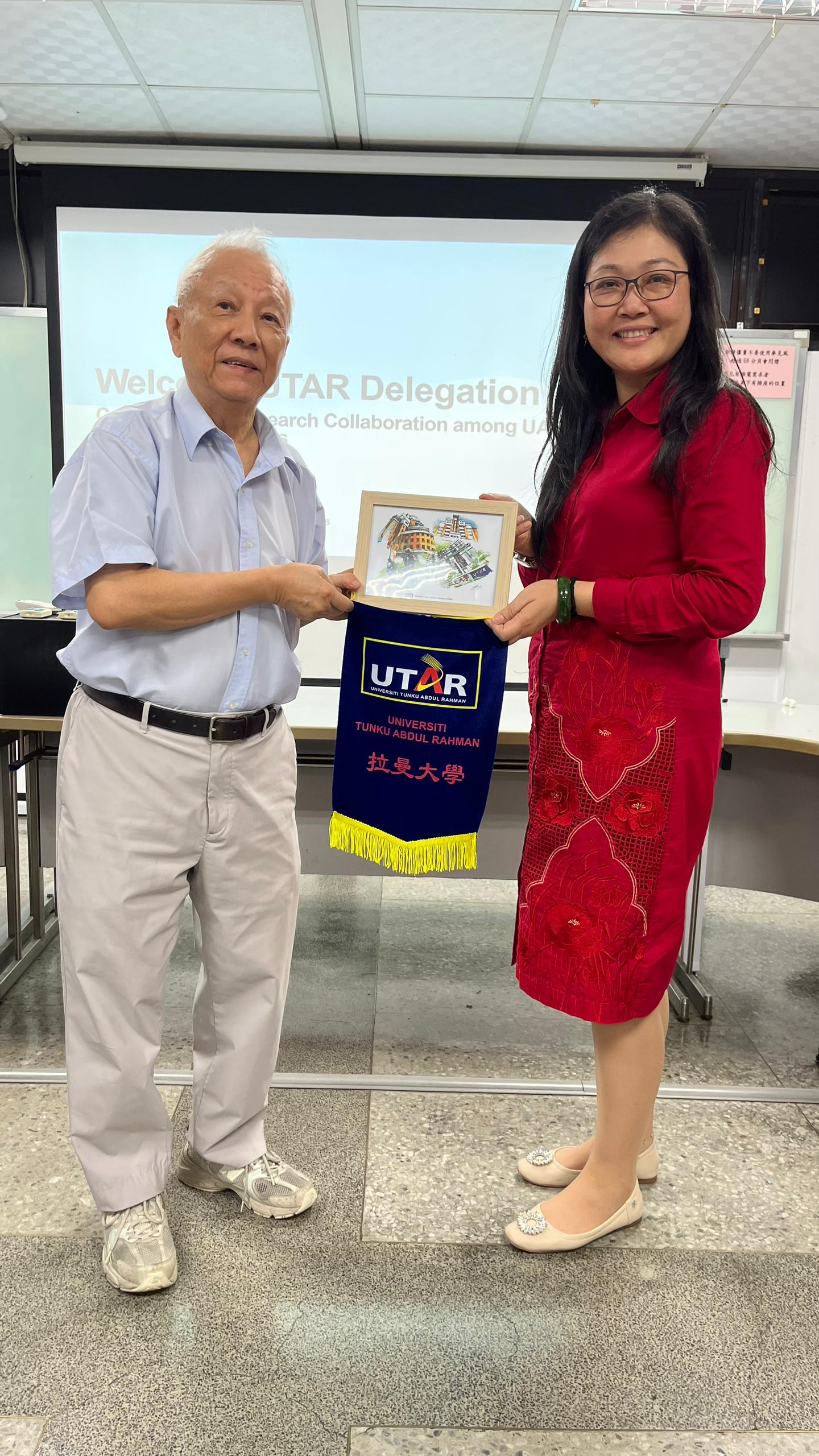
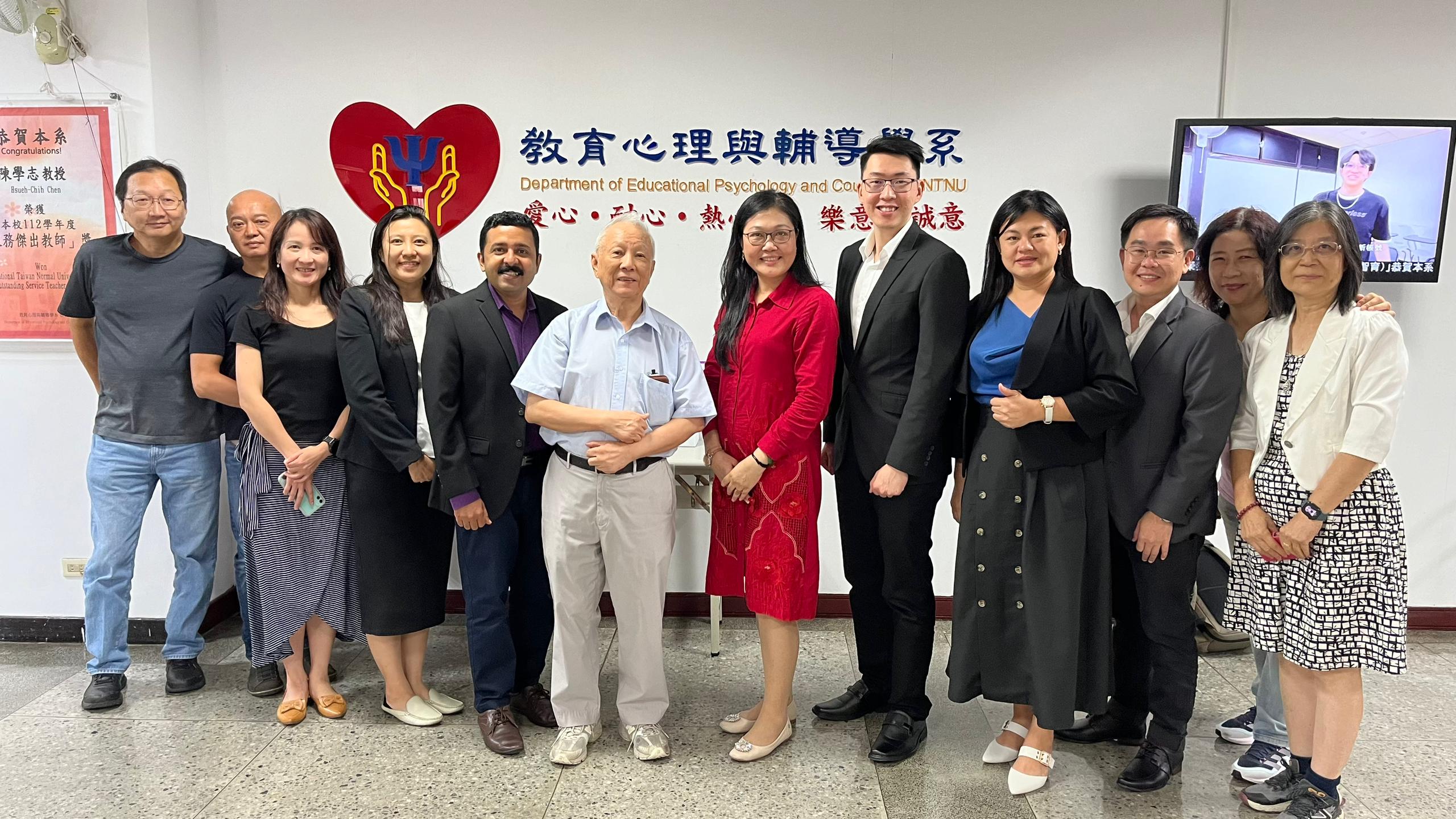
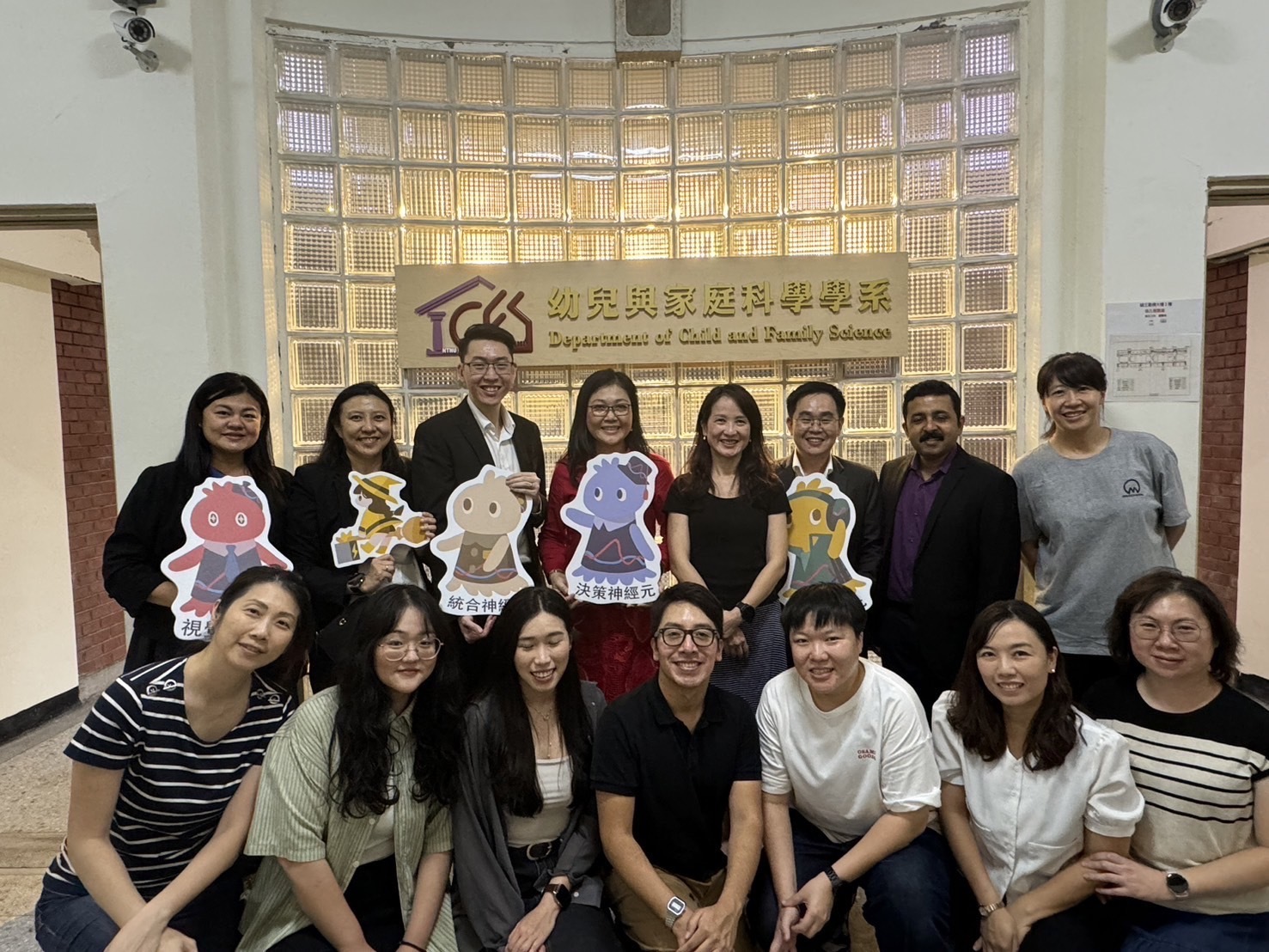
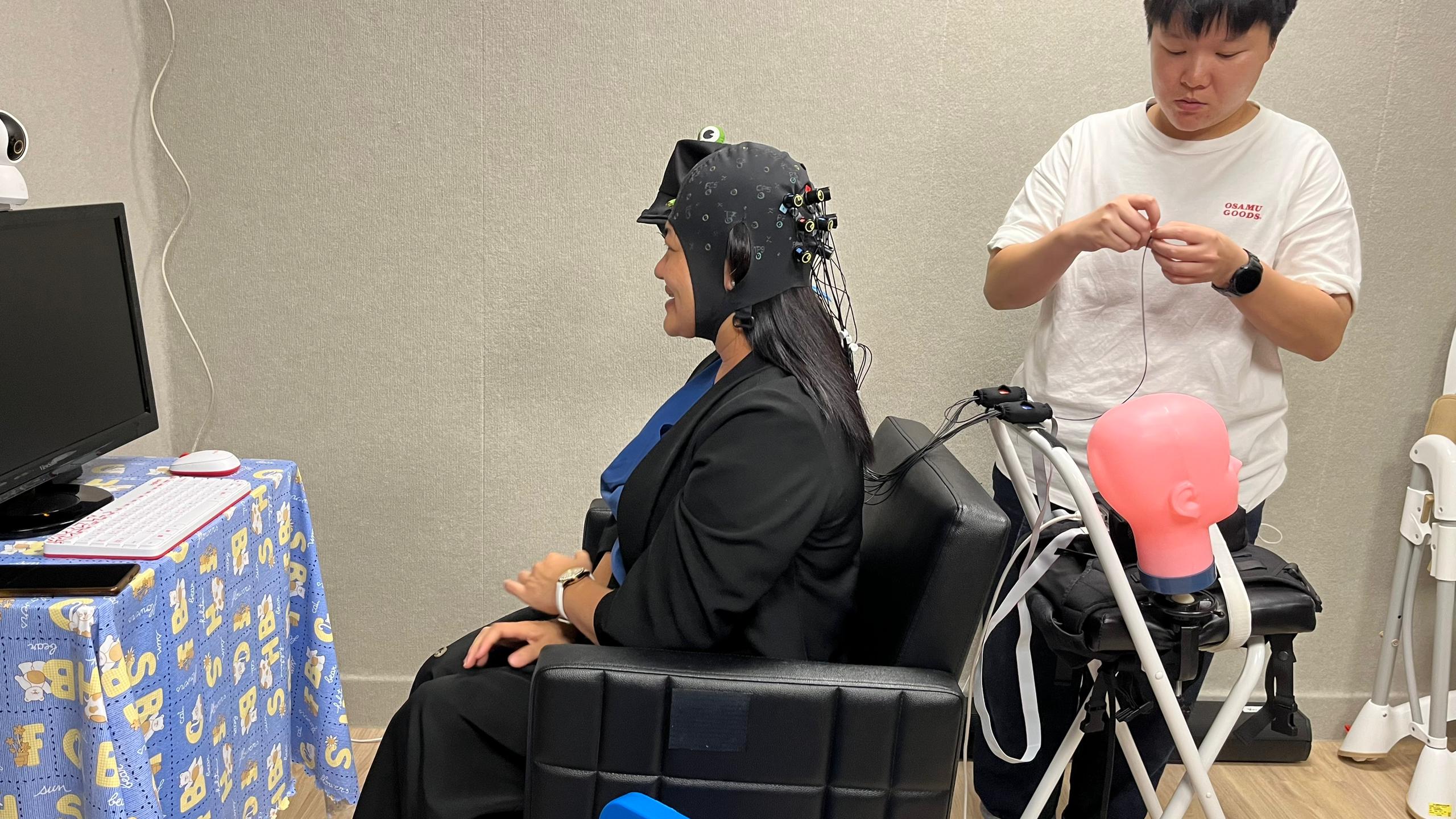
The visit to NTNU’s Department of
Educational Psychology
On the second day, UTAR visited Academia Sinica’s MEG lab, an advanced facility that could aid in future collaborative research. While the lab tour provided valuable insights into MEG applications by Dr Kevin Chun-Hsien Tsu, UTAR could potentially arrange researcher exchanges or periodic access to these resources to facilitate joint research in cognitive neuroscience.
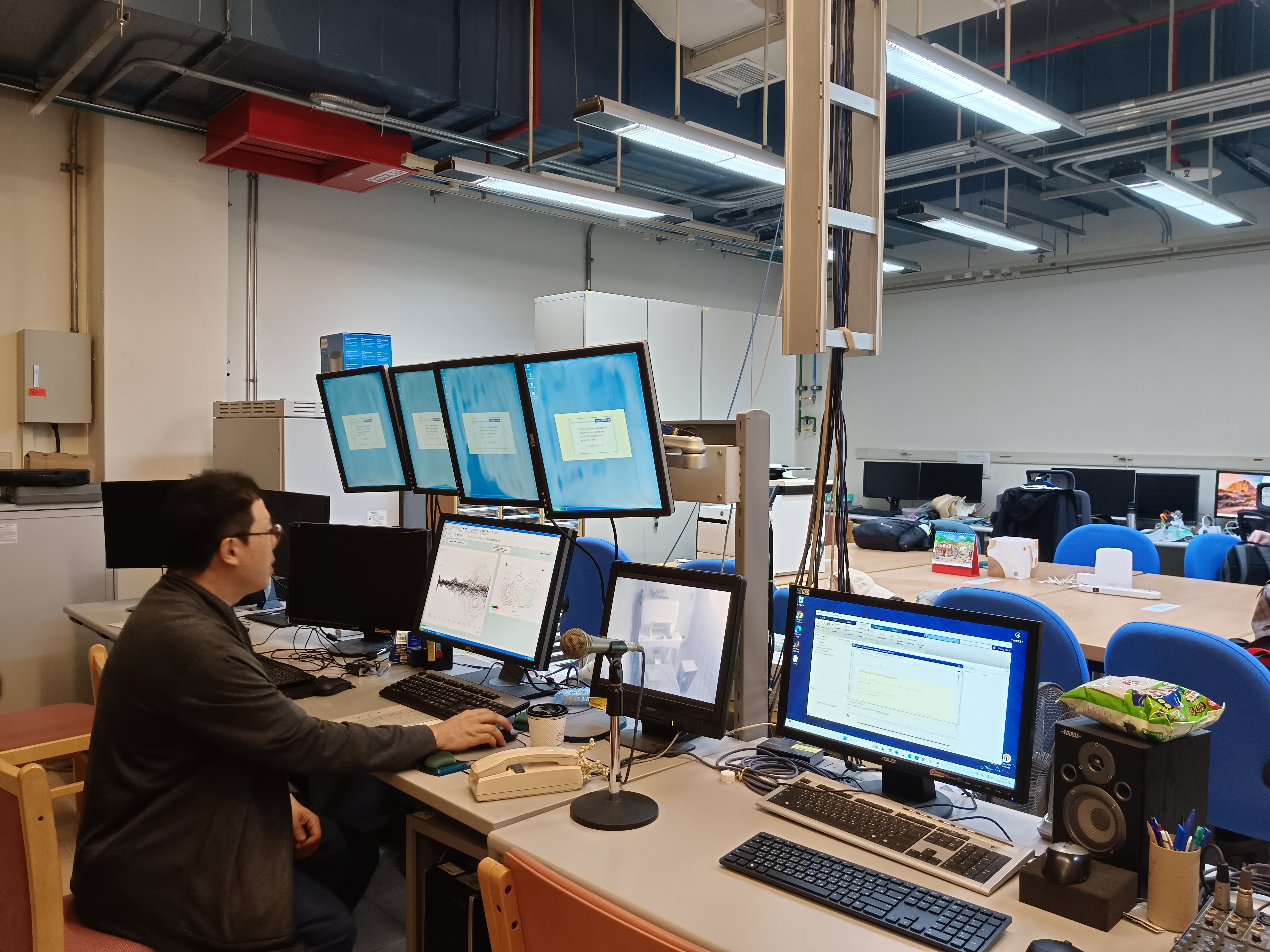

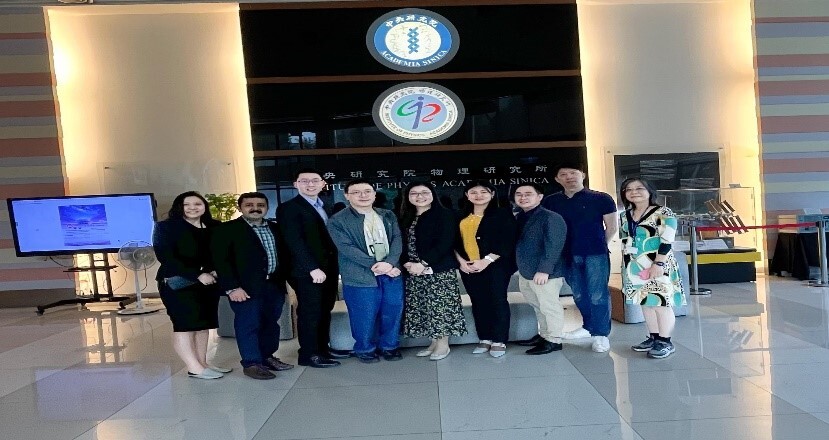
The visit to Academia Sinica’s MEG
lab
In the afternoon session, UTAR’s visit to NCU’s Institute of Cognitive Neuroscience provided a more extensive overview of potential interdisciplinary research. Through lab visits and presentations by NCU’s delegates from the Institute of Cognitive Neuroscience, namely Assoc Prof Dr Liang Wei-Kuang, Director of Institute of Cognitive Neuroscience; Chair Prof Dr Juan Chi-Hung, Prof Dr Denise Hsien Wu, Prof Dr Cheng Shih-Kuen, Assoc Prof Dr Erik Chang Chih-Hung and their postgraduate students. UTAR delegates visited their labs of Music & Auditory Cognitive Laboratory, Human Memory Laboratories, Action and Cognitive Laboratory, and Visual Cognitive Laboratory.
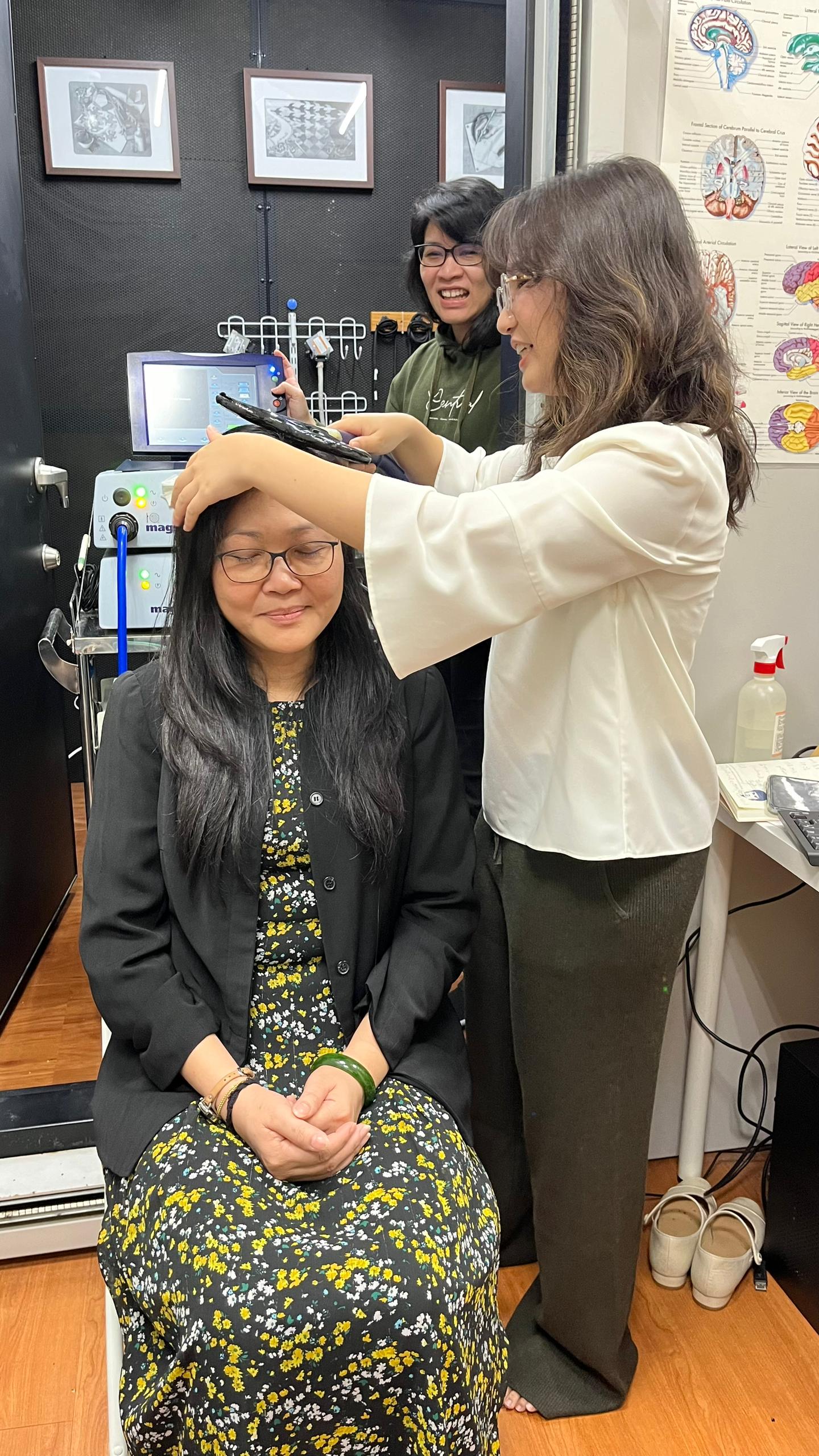
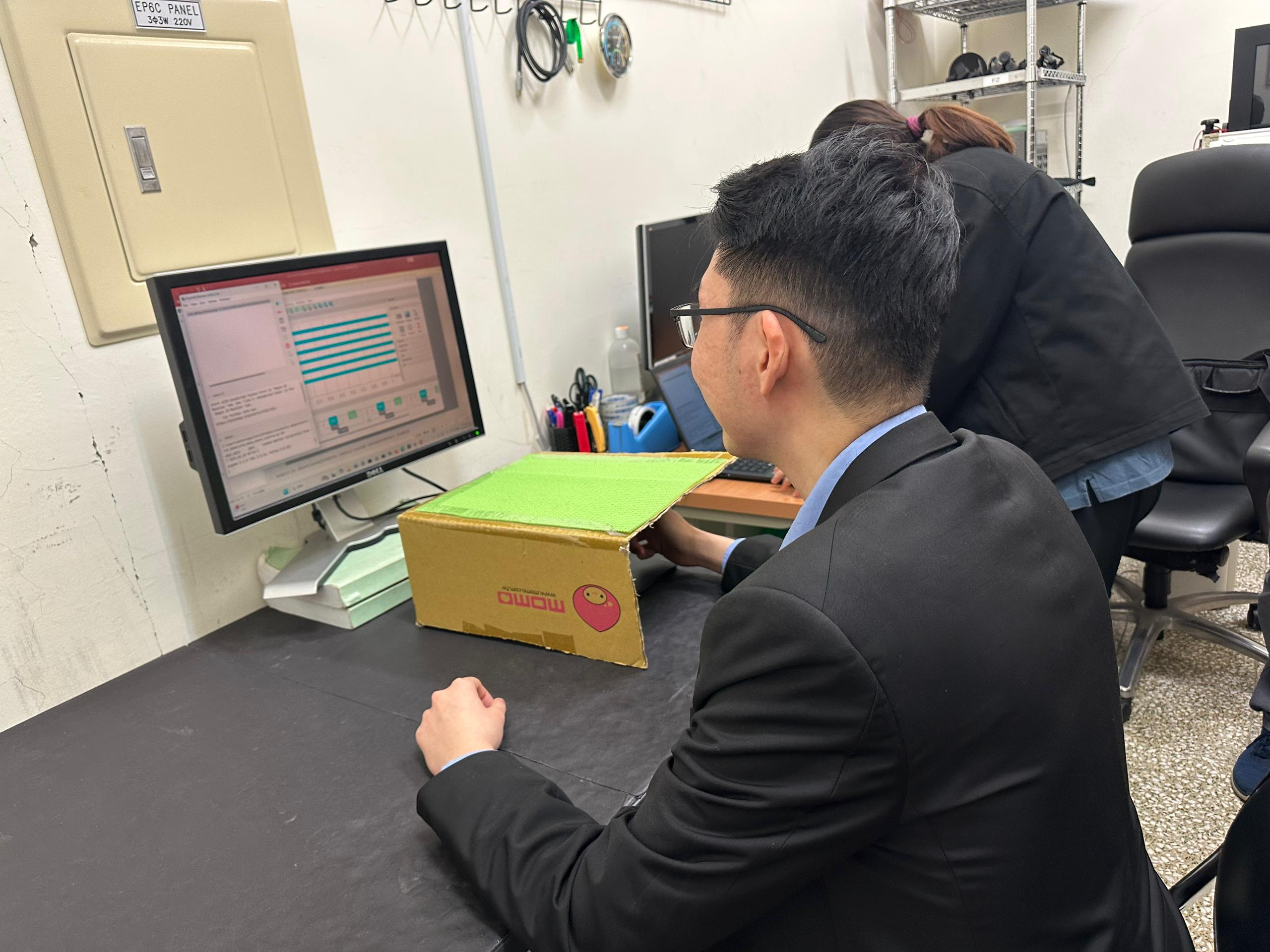
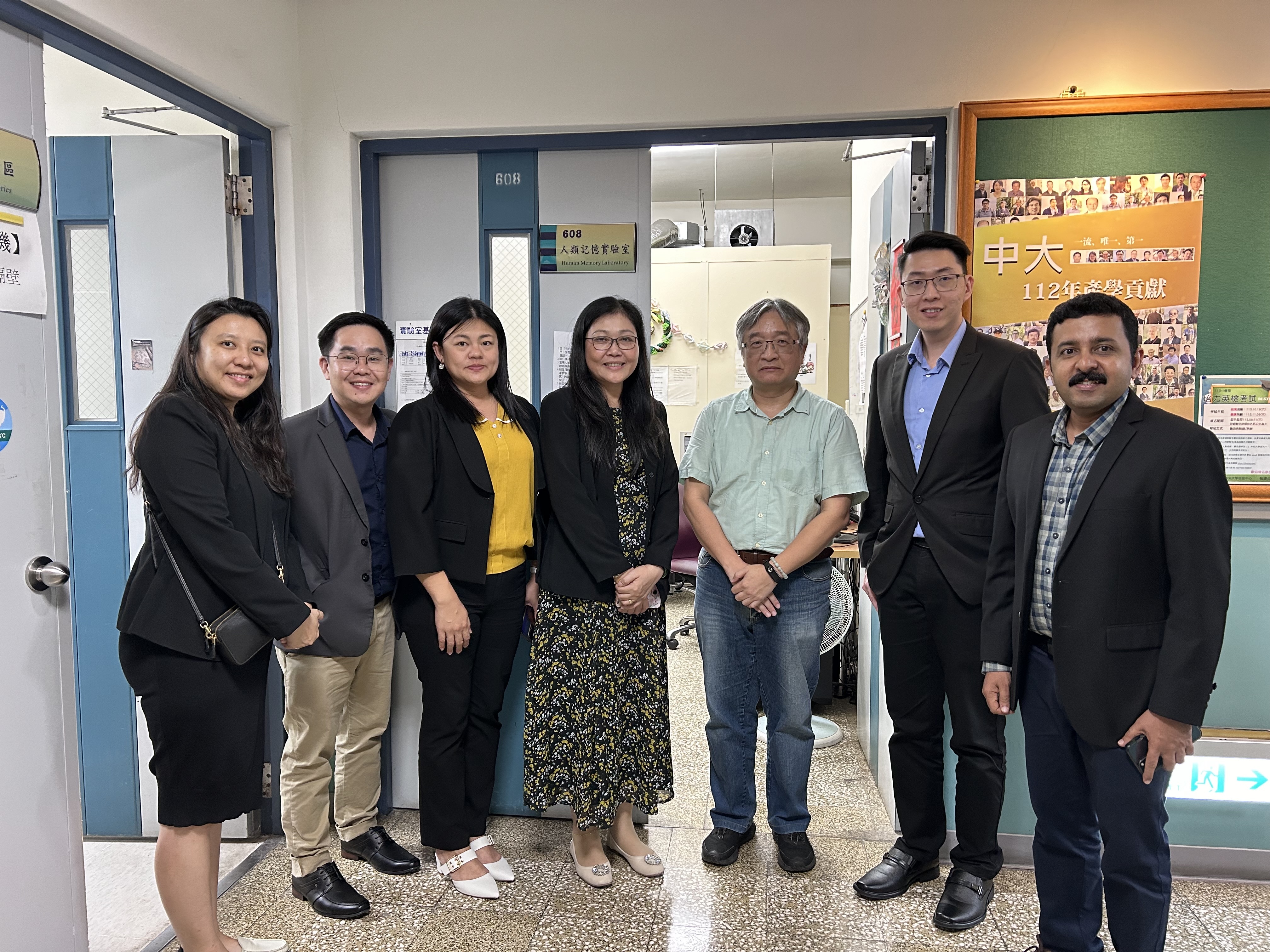

The visit to NCU’s Institute of
Cognitive Neuroscience
NCU showcased research across language, music
cognition, memory, and visual perception. The meeting also discussed the
possibility of dual-degree postgraduate programmes and online symposiums in
fields such as music cognition and educational neuroscience. Dual-degree
programmes present a compelling opportunity for UTAR students, who would
gain exposure to advanced cognitive neuroscience techniques.
On the final day, UTAR met with researchers at NYCU’s Institute of Neuroscience, where NYCU presented research on sleep, OCD, and eating disorders, as well as studies on epileptic network localization using EEG and fMRI. These fields of study present UTAR with unique research opportunities, especially if they pursue EEG and MRI collaborations to map brain activity. The meeting concluded with tentative discussions at NYCU’s Institute of Biopharmaceutical Sciences, which hinted at future possibilities in biopharmaceutical research. While these discussions were exploratory, this introduction could lead to more defined projects that align with UTAR’s goals in biopharmaceutical studies, contingent upon further alignment and resourcing.
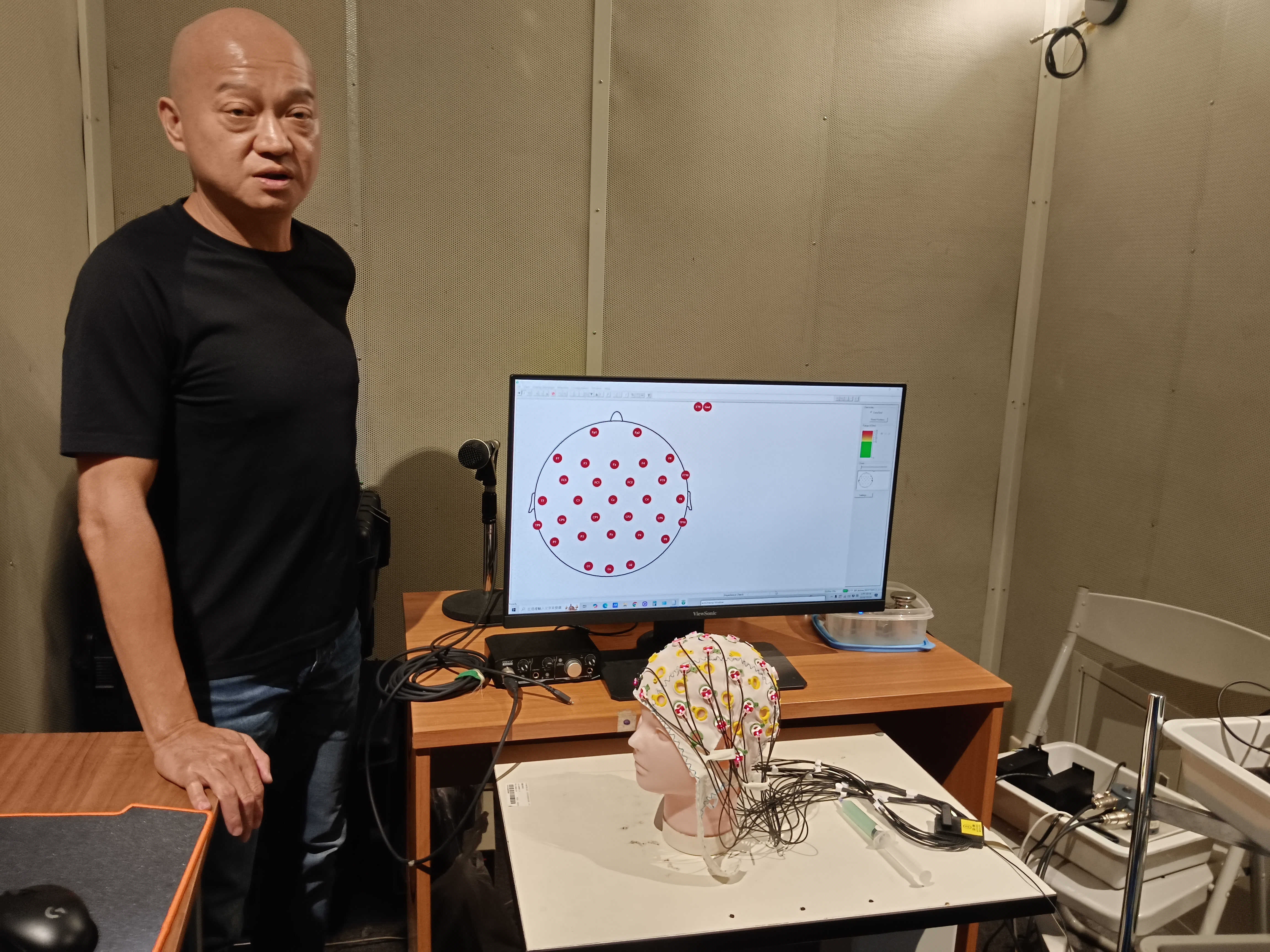
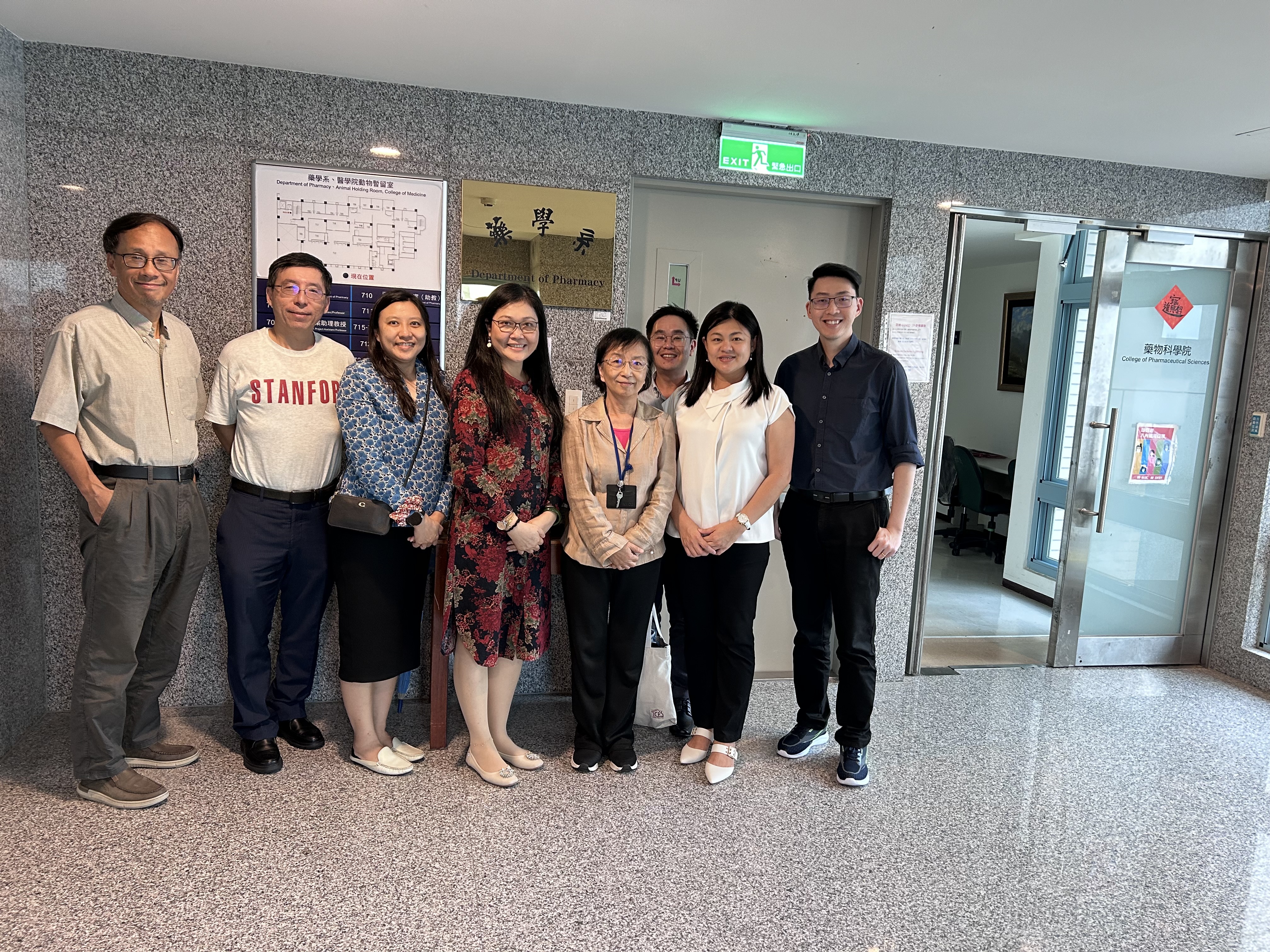
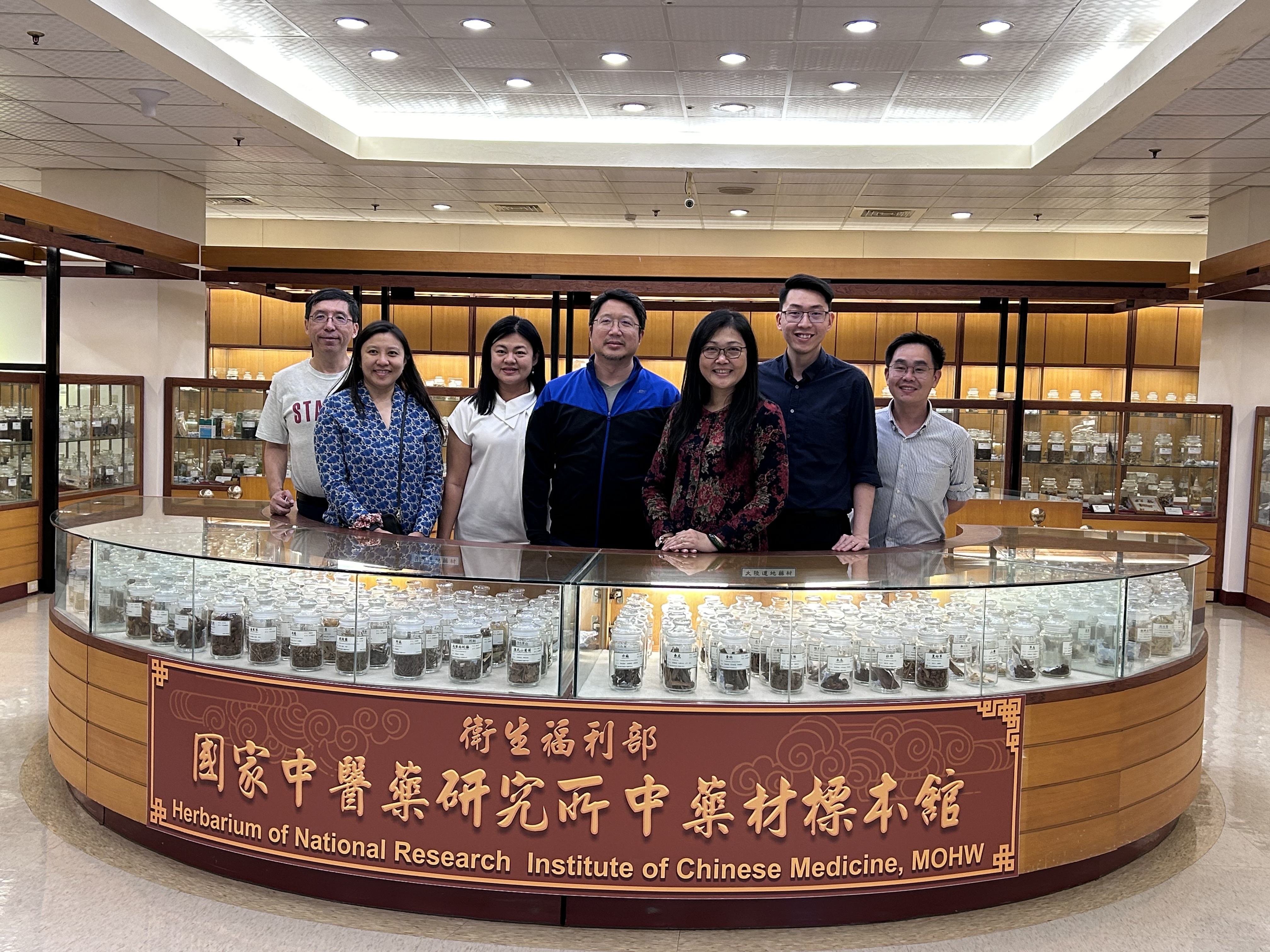
The visit to NYCU’s Institute of
Neuroscience
The visit presented UTAR with numerous opportunities,
including the expansion of academic programmes through adjunct roles,
dual-degree offerings, and symposiums that could elevate UTAR’s
international profile. Furthermore, resource-sharing agreements and
equipment access, such as those discussed with NTNU and NCU, would allow
UTAR to enhance its research output without incurring the full costs
associated with acquiring advanced equipment.
In conclusion, the visit successfully laid the
groundwork for a wide-ranging research partnership that could enhance UTAR’s
presence in the fields of cognitive neuroscience, educational psychology,
and biopharmaceutical research.
© 2023 UNIVERSITI TUNKU ABDUL RAHMAN DU012(A).
Wholly owned by UTAR Education Foundation (200201010564(578227-M)) LEGAL
STATEMENT TERM
OF USAGE PRIVACY
NOTICE